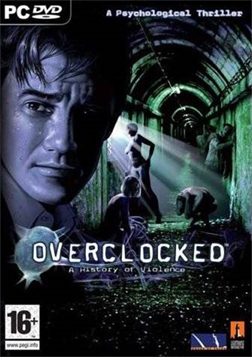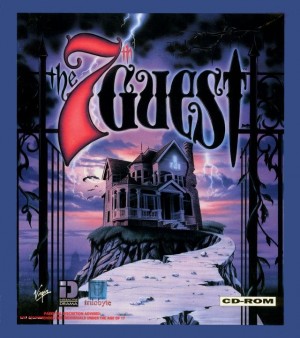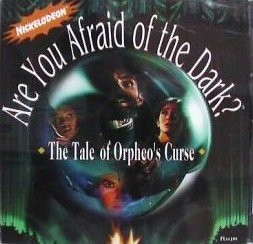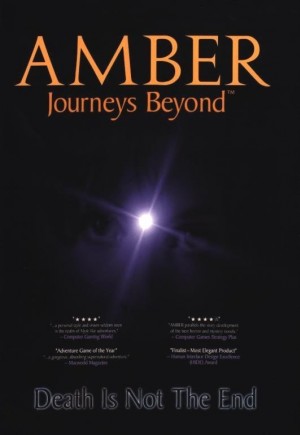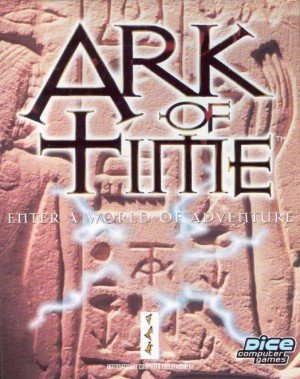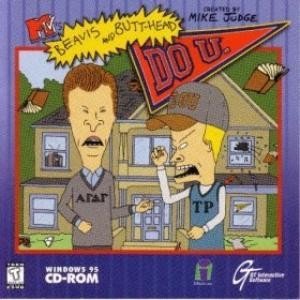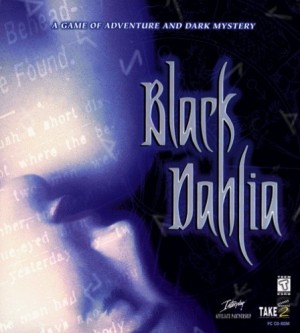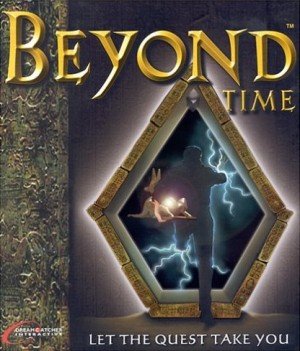Overclocked hands-on archived preview
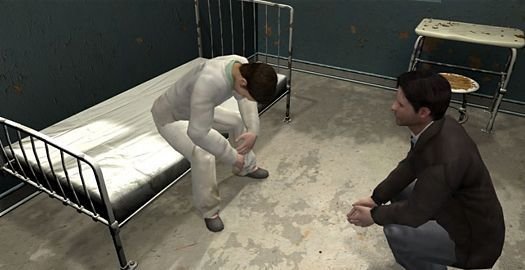
It's been a long time since I last saw Overclocked: A History of Violence in action. So long, in fact, that many details of the highly-promising E3 '06 demonstration have been all but buried since then. Fortunately, a preview version of House of Tales' ambitious new thriller arrived recently, which not only served as a physical stimulus for forgotten memories, but also a firm reminder of why there was so much reason to be psyched in the first place.
Unless you've been locked away in a padded room wearing that funny white jacket with its sleeves in the back, you'll know by now that the themes of psychosis and suppressed memories are central to Overclocked. The game begins with news of five different young people being picked up across New York City, all holding weapons, all disoriented, and none with any memory of who they are or how they arrived at such a state. And while the amnesic protagonist idea is a well-worn cliché, rest assured that the game's approach to the concept is not.
Overclocked's primary playable character is David McNamara, former army doctor and now a forensics psychiatrist called to a mental institute on Staten Island to lend his expertise to the five disturbing cases with striking similarities. Over the course of seven days, McNamara must use hypnosis to incrementally "rewind" each patient's memory in reverse chronological order. Rather than merely witness these recollections passively, however, players will experience each one interactively, assuming the role of the patient while under McNamara's guidance. By re-living these memories, piece by piece a disturbing, larger mystery begins to unfold, revealing not only the traumatic circumstances for each individual, but the connections tying each of them together.
McNamara, meanwhile, seems to be fighting some inner demons of his own. Even as he's tapping into the troubled minds of the five patients, his own life is unravelling fast, faced with marital problems, secrets of a past that haunt his dreams, and a propensity for sudden violent outbursts. All the while, a relentlessly dark, gloomy thunderstorm envelops the city, as if a meteorological metaphor for the many storms raging within the game's playable characters.
It's this complex narrative structure and multi-layered exploration of very mature themes that truly sets Overclocked apart from most adventures. In a genre that traditionally favours the tried-and-true, the comfortable and safe, House of Tales has thrown caution to the wind on several fronts. The constant switching of player characters and the alternating regression of memories/progression of real time could easily leave players feeling as disoriented as the patients, but at least over the course of the first two days, which I played through for the purpose of this preview, the game pulls it off very smoothly. You're continually confronted by more questions than answers, but that's by design. Whereas in most games, players can simply wait for the story to unfold, here there's an innate challenge to try to understand where the story is going – or to be more precise in the case of the patients, where the story has been.
When you start a new memory sequence with an inventory item you've never seen before, for example, not only are you faced with the standard question of how you're going to use it, but you can't help but wonder how you came to possess it, knowing that to discover the answer you'll need to delve even further back into that character's thoughts, perhaps with hints offered by the other characters along the way. Instead of the narrative tension building only in one direction, then, in Overclocked it continually streams both forwards and backwards. Thankfully, the game moves largely in baby steps, so you shouldn't feel completely lost about your unknown circumstances at any one time.
One unexpected benefit of playing through individual memory fragments is that it parcels out "rewards" far more frequently than standard adventures. It may be largely illusory, but there's a sense of triumph each time you successfully unlock and then complete a new self-contained flashback, even if it's ultimately just another piece of a much larger puzzle (figuratively speaking). So for those who often feel that despite all your best efforts, you rarely make much progress in adventure games, Overclocked should come as a welcome change of pace.
The natural extension of this structure, of course, is that the gameplay tends to be relatively simple. The goal of each sequence is often fairly basic and the obstacles limited. That's not to say that the puzzles are altogether easy, but they're certainly straightforward, at least in the early going. The majority of puzzles I encountered were inventory-based, and interactive items generally include little more than those you'll need, while restricted environments keep you from wandering too far off the path. Some might describe this as yet another "interactive movie" rather than a game, and it's true that Overclocked is story-heavy and gameplay-lite, but never did I feel like I was merely clicking buttons to advance.
The buttons you do click are all on your mouse, as the one area where this game is entirely conventional is its interface. Smart cursors, auto-exits, hotspot highlighter (okay, that one requires the space bar), verb coin, dialogue icons, you name it -- it's a who's who of point-and-click standbys, all present and accounted for. Thankfully, the pathfinding issues from The Moment of Silence are nowhere to be found, and Overclocked even pulls out a few surprises. The main one is a "record" feature on the PDA, which also serves as a mobile phone and email inbox. While you can't record anything manually, various clips of therapy sessions are taped automatically, and these recordings serve not only as a handy reminder of what's transpired, but also feature prominently in triggering additional patient memories.
Those familiar with previous House of Tales games may be expecting a dialogue-intensive game, and it's safe to say that wish (or dread, depending on your preferences) will be fulfilled in Overclocked. There's plenty of conversation in this game, but they're more frequent than they are lengthy, generally avoiding those interminably long passive stretches that often plague adventures. I'd love to tell you that the voice acting is top notch, but A) that would be a guess, and B) it would do you no good, as the preview version featured its original German voiceovers. The final game will be fully localized, of course, so we can only hope the same vocal quality will survive the transition.
Visually, the game is perfectly functional if not dazzling. A few graphical hiccups and inexplicably long load times for cinematics are offset by nice touches like the effective use of split screens, black and white, and lighting effects which help to establish the transition from real world to memory and back. Ambient animations like the steady rain, choppy water, and thick, rolling clouds all help to establish the moody, omnipresent storm gripping the city. And although a small detail in the grand scheme of things, using a flashlight not only lights up the area immediately in front of the playable character, but the light beam actually follows where you move the cursor around the screen. I was so surprised to see such a wonderfully superfluous feature that I couldn't resist wandering around in the dark for a bit shining the flashlight at nothing in particular.
A similar reaction occurred when I was forced to break down a brick wall. Most games would simply remove the wall instantly at the click of a button, but here the bricks respond with a sort of simulated real-world physics, crumbling apart in pieces only where you strategically aim your blows. Again it's a small thing, but it shows an attention to detail so unusual that it impressed me long after I left that wall behind. Or maybe it just appealed to my violent tendencies, in keeping with the game's deeper psychological themes.
I'm saying so little about the story and its underlying theme of the psychological effects of violence in part because I wouldn't want to spoil anything, but also because even after two full "game" days, I know I've only scratched the surface of what's still to come. The ultimate success of Overclocked will depend on how effectively it manages to explore its intense subject matter and weave together its many narrative strands, and that remains to be seen. The early signs are certainly promising, though, and while traditional at its core, already I can say that the game succeeds at being a refreshingly unique entry in a genre of same. Perhaps the best compliment I can give it is to say that I feel compelled to keep playing the half-localized German version instead of waiting for the final game in English. So if you'll excuse me, I'll bid you all "auf Wiedersehen" for now and remind everyone that Overclocked: A History of Violence is due out at the end of March.



